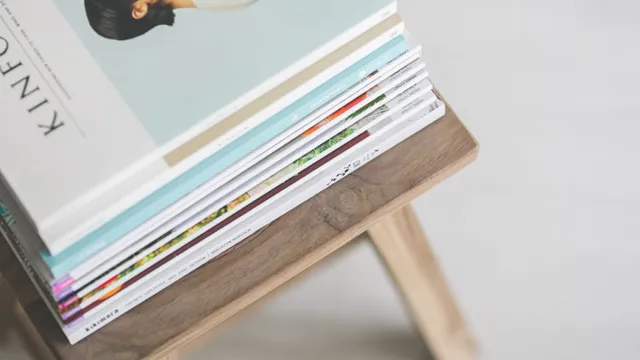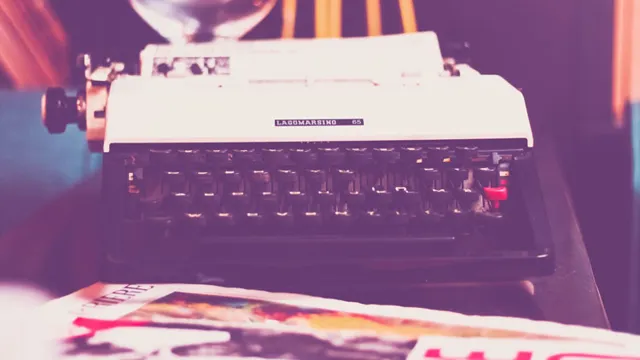Proofreading & copy editing course (QLS Level 4)
College of Media and Publishing
Unlimited personal tutor support | Endorsed Certificate | Fully accredited | Help finding proofreading work
- 2,849 enquiries
- Online
- Self-paced
- Certificate(s) included
- 80 CPD points
- Tutor support
Proofreading course (QLS L4) Many leading corporations including British Gas, John Lewis, Lloyds Bank, the NHS and Virgin Media, use this accredited proofreading and copy editing course to train their staff. And many individuals testify that it is effective and great value for mo
…







